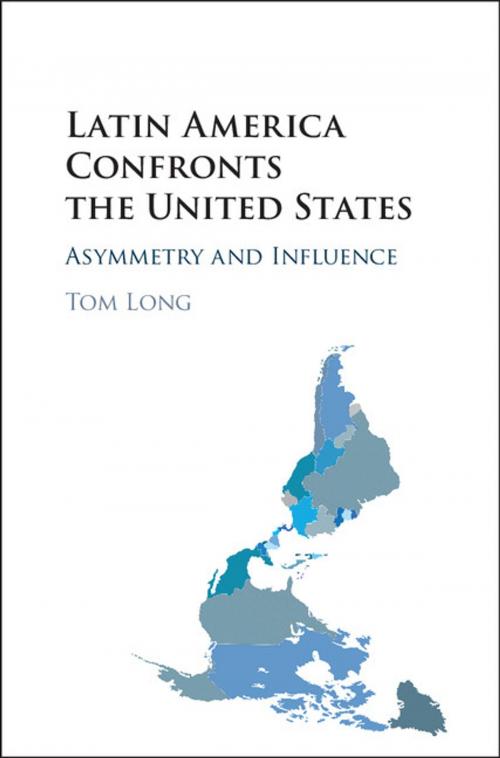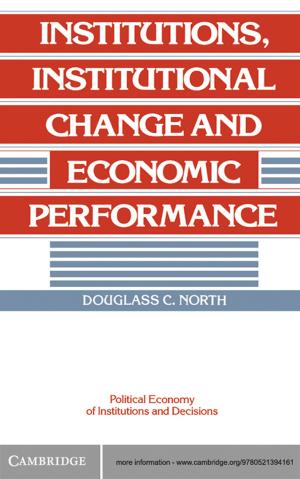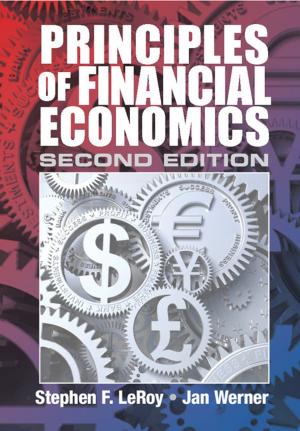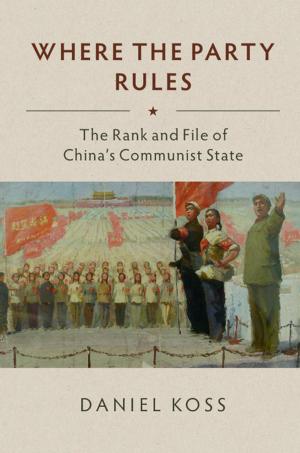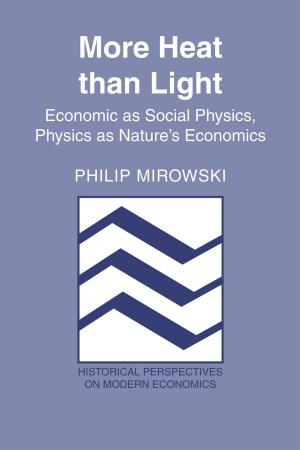Latin America Confronts the United States
Asymmetry and Influence
Nonfiction, Social & Cultural Studies, Political Science, Government, History| Author: | Tom Long | ISBN: | 9781316461518 |
| Publisher: | Cambridge University Press | Publication: | November 19, 2015 |
| Imprint: | Cambridge University Press | Language: | English |
| Author: | Tom Long |
| ISBN: | 9781316461518 |
| Publisher: | Cambridge University Press |
| Publication: | November 19, 2015 |
| Imprint: | Cambridge University Press |
| Language: | English |
Latin America Confronts the United States offers a new perspective on US-Latin America relations. Drawing on research in six countries, the book examines how Latin American leaders are able to overcome power asymmetries to influence US foreign policy. The book provides in-depth explorations of key moments in post-World War II inter-American relations - foreign economic policy before the Alliance for Progress, the negotiation of the Panama Canal Treaties, the expansion of trade through the North American Free Trade Agreement, and the growth of counternarcotics in Plan Colombia. The new evidence challenges earlier, US-centric explanations of these momentous events. Though differences in power were fundamental to each of these cases, relative weakness did not prevent Latin American leaders from aggressively pursuing their interests vis-à-vis the United States. Drawing on studies of foreign policy and international relations, the book examines how Latin American leaders achieved this influence - and why they sometimes failed.
Latin America Confronts the United States offers a new perspective on US-Latin America relations. Drawing on research in six countries, the book examines how Latin American leaders are able to overcome power asymmetries to influence US foreign policy. The book provides in-depth explorations of key moments in post-World War II inter-American relations - foreign economic policy before the Alliance for Progress, the negotiation of the Panama Canal Treaties, the expansion of trade through the North American Free Trade Agreement, and the growth of counternarcotics in Plan Colombia. The new evidence challenges earlier, US-centric explanations of these momentous events. Though differences in power were fundamental to each of these cases, relative weakness did not prevent Latin American leaders from aggressively pursuing their interests vis-à-vis the United States. Drawing on studies of foreign policy and international relations, the book examines how Latin American leaders achieved this influence - and why they sometimes failed.
